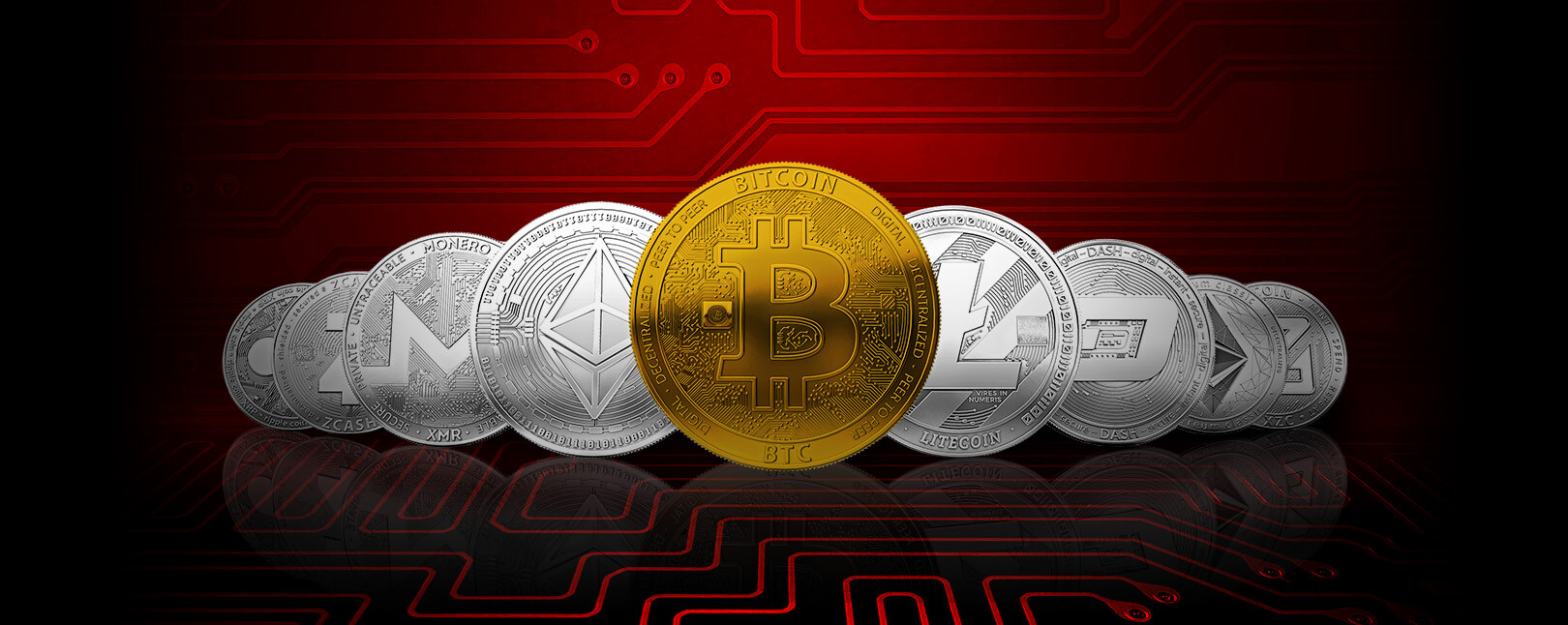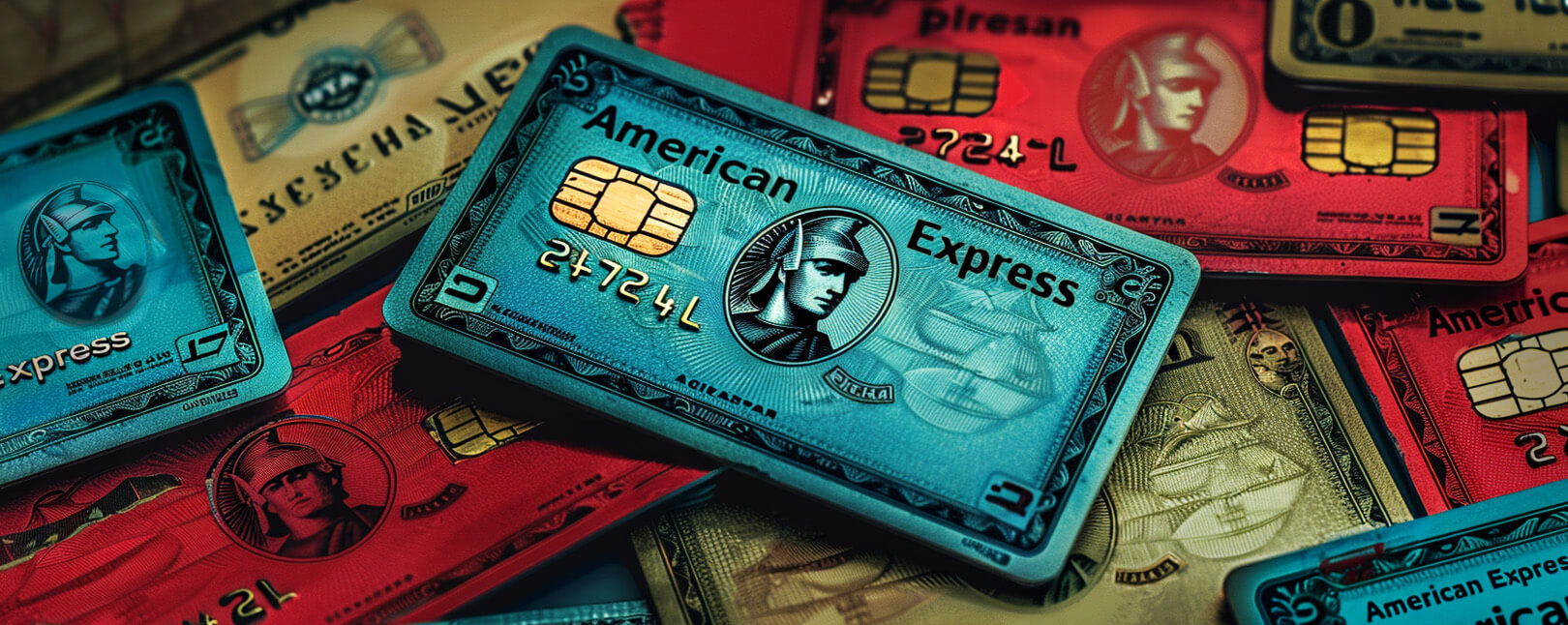Do Crypto Chargebacks Exist? Maybe Disputes Shouldn’t Be Your Only Reason to Accept Bitcoin
As a merchant, you’re always going to have an incentive to explore new and better payment options. Alternate payments could offer lower fees, and even some ways to beat the chargeback blues. Is cryptocurrency the right answer, though?
Let’s face it: most of us know that cryptocurrency is a highly profitable asset from a speculative angle. That said, very few of us actually understand how crypto payments work.
This article will cover the crypto basics: how crypto payments could work, and why crypto chargebacks don’t really exist. We’ll also discuss crypto’s potential for preventing chargebacks and how it could affect your bottom line.
Recommended reading
- Bank of America Disputes: Here's What You Need to Know
- Wells Fargo Disputes: Chargeback Rules & Things to Know
- 10 Tips to Stop DoorDash Chargebacks Before They Happen
- American Express Chargebacks: Rules & Time Limits & More
- Stripe Chargeback Guide: Time Limits & Other Info You Need
- What is a Bank Chargeback? What Makes Them Different?
Are Cryptocurrency Chargebacks a Thing?
To provide a simple answer: no.
Credit card transactions may be subject to payment reversals due to chargebacks. However, transactions made with cryptocurrencies are not subject to the requirements imposed on credit transactions under the The Fair Credit Billing Act. As such, they are not subject to the chargeback rules created in response to the law.
Transactions made using bitcoin or other cryptocurrencies are permanent and largely anonymous. This is due to the nature of the blockchain technology that powers these payments.
The blockchain model is publicly viewable by anyone. However, it lacks an internal framework to recall individual transactions. Users can’t buy something and then change their minds later and call the bank, as they would with a chargeback.
Confused? Well, let’s take a closer look at the mechanics at play here and see why chargebacks simply aren’t compatible with crypto payments.
How Crypto Payments Work
This electronic payment technology is known by many names: coins, tokens, crypto, etc. However, none of these terms apply literally.
Cryptocurrencies don’t represent tangible coins or tokens. There’s no physical coin minted. Instead, these assets are composed of open-source data ledgers called blockchains. Each blockchain contains all the transaction data ever made for that particular coin, secured by advanced encryption keys held via buyer and seller networks.
This electronic currency is desirable for consumers because it fosters a less regulatory marketplace for investment and commerce. On the other hand, merchants may take interest due to secured transaction power and the promise of fewer cases of fraud and chargebacks.
How Blockchain Transactions Get Validated
Coins are validated for authenticity per transaction by matching them with the other coins in your network. When you buy or sell a coin, that purchase is recorded in the blockchain along with every other transaction that the blockchain has ever received.
All of this is run by a global network of servers that store and transmit blockchain data round the clock. The majority of devices on the network have to review and approve each transaction, then record it in the ledger.
This is what’s called the consensus process. When you hear reports that cryptocurrencies like Bitcoin consume more energy than many cities, this is what people are talking about.
Is Crypto Good for Business?
Obviously, a lack of disputes and crypto chargebacks is clearly a boon for merchants. Freedom from cryptocurrency chargebacks was probably one of the main reasons why crypto acceptance more than doubled among merchants between 2019 and 2021.
There are other benefits to consider here beyond crypto chargeback concerns. But, there are some tradeoffs which you need to know about, too.
Benefits of Crypto Acceptance
Adopting cryptocurrency into your payment substructure provides an attractive payment alternative that many consumers will appreciate. The best part of accepting crypto payments is that all transactions are relatively immediate. Where traditional card payments could take days to process and deposit into a merchant’s account, cryptocurrencies can be converted on an exchange platform directly after the transaction is completed.
But, this is not the only reason to take crypto seriously. Coins cannot be faked, which all but eliminates transactional fraud. Combine that with a lack of disputes and chargebacks, and you can see why many merchants are intrigued.
Downsides of Crypto Acceptance
The main issue with cryptocurrency is that the value rises and falls constantly and in dramatic fashion.
According to Time Magazine, Bitcoin ended 2021 up nearly 100% in value compared to a year earlier. 2021 saw cryptocurrency explode in mainstream interest and curiosity. But before the first month of 2022 had ended, Bitcoin had nearly lost all of the previous year’s gains, dropping to the $33,000 range. Like stocks, each coin’s value is dictated by market trends.
The fate of the crypto market is uncertain. No one can accurately predict if it will ever go mainstream or what will happen to cryptocurrency values if it does. Therefore, investing in—or accepting—cryptocurrency at this stage is very much a gamble.
Also, the lack of standardization contributes to insecurity. The market and related technologies are evolving at lightning speed. This creates the possibility that bad actors may identify vulnerabilities and leverage crypto payments to facilitate fraud.
Bottom Line: Is Cryptocurrency a “Chargeback-Proof” Technology?
Cryptocurrency payments are currently one of the most secure transaction structures available from a chargeback prevention standpoint. However, it might not stay that way indefinitely.
The crypto payment space is free of chargebacks right now. But, wider adoption is something of a catch-22.
As more money moves into tokenization and digital blockchains, investors and average users will probably demand some of the protections today in place for card payments. More security and stability will be necessary, but we won’t see stabilization until regulation is more widespread. So, if cryptocurrency sees widespread adoption, it will probably come along with more regulation.
There’s a broader point to consider here, too. While crypto payments may not be subject to chargebacks, viewing them as a chargeback prevention method is really just ignoring underlying chargeback triggers.
Unless you intend to accept crypto payments only, your business will continue to receive disputes and chargebacks through non-crypto channels. Thus, any chargeback triggers hiding in your daily practices will still be there whether you’re subject to crypto chargebacks or not. Adopting crypto payments to avoid chargeback is just treating the symptoms, not the cause.
Crypto Chargebacks: The Bottom Line
Although blockchain chargebacks don’t exist, this isn’t necessarily a great reason to dive headfirst into the crypto market. Instead, the better approach is to address those underlying chargeback triggers.
A comprehensive chargeback management strategy is your best bet here. You can save money, lower your overall chargeback ratio, and defend your business from friendly fraud.
If you’re considering whether or not to accept cryptocurrency for your business, it might be wise to consult with the experts. As a payments industry leader for over a decade, Chargebacks911 is uniquely placed to help your business diversify your payment strategies and develop effective chargeback solutions.
Call us today for your Free ROI Analysis.













